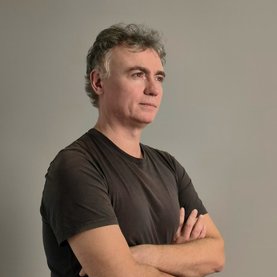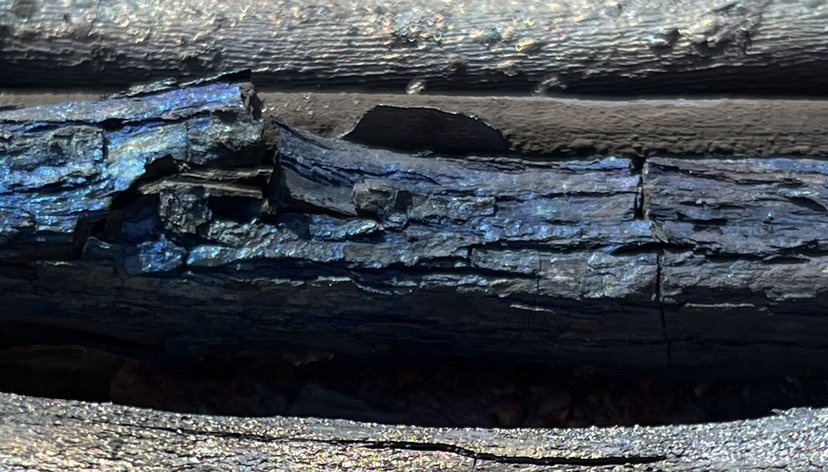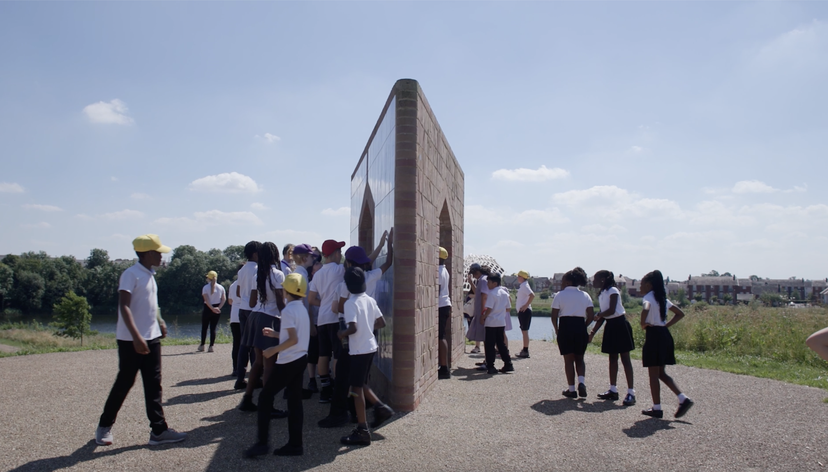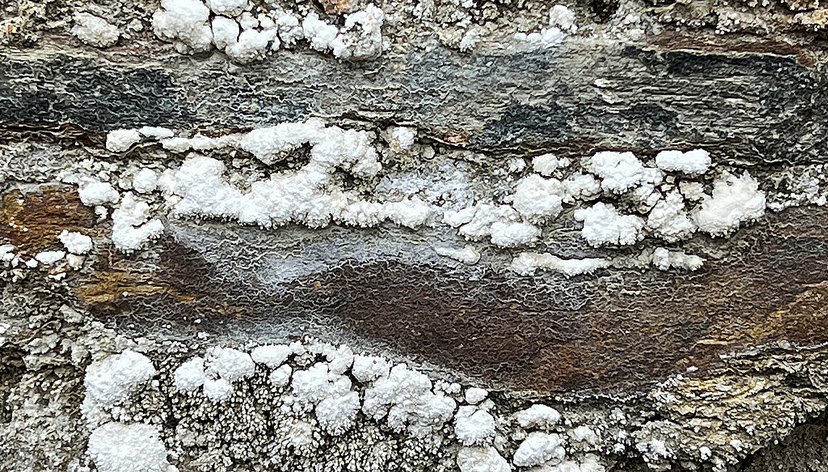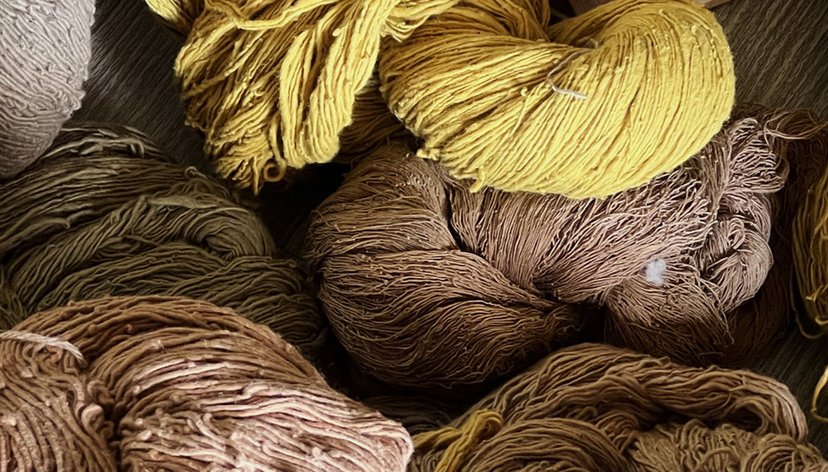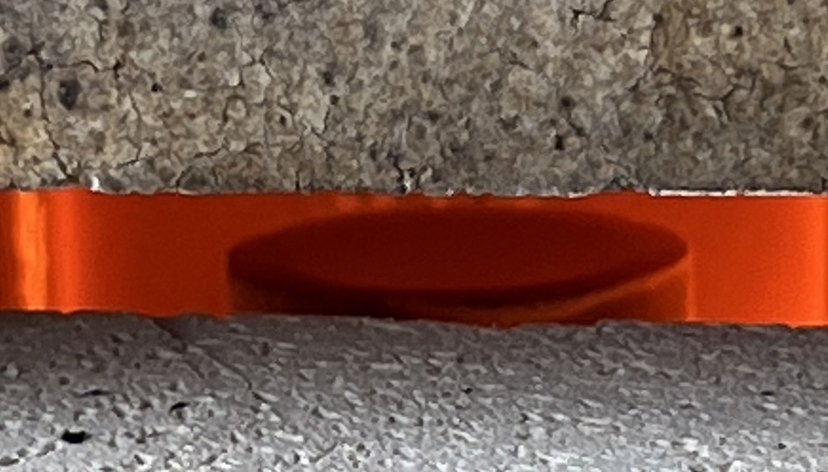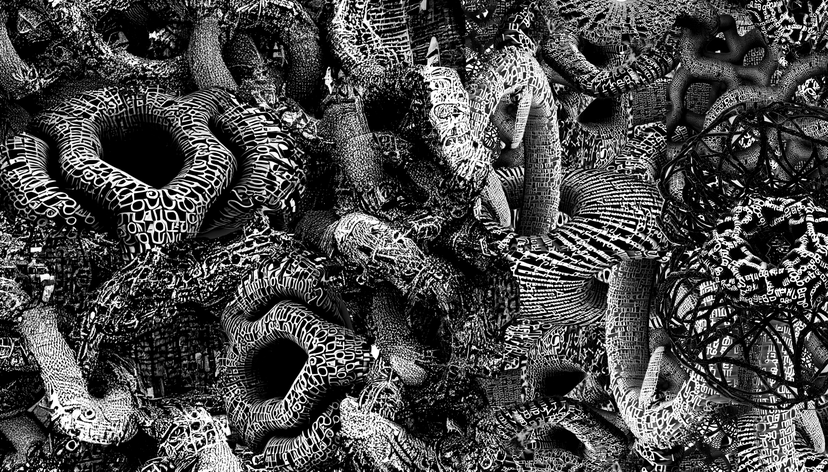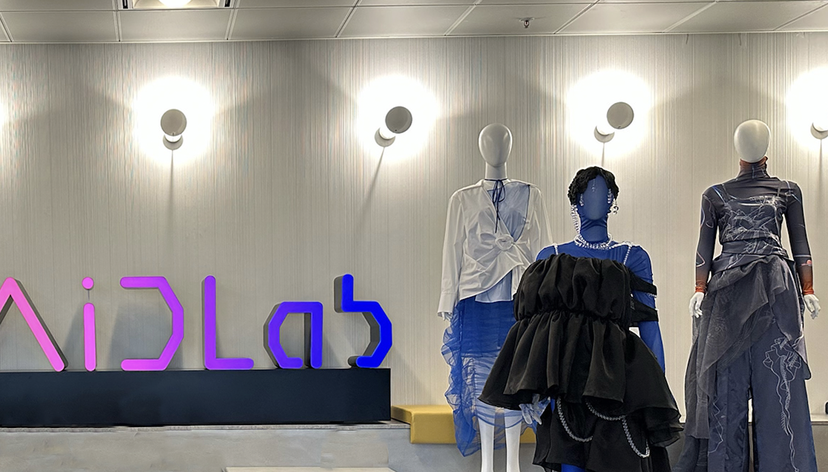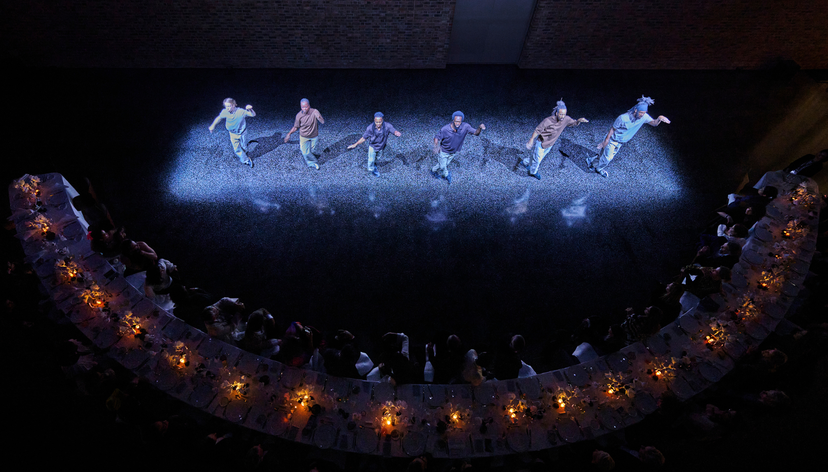
Spatial Practices in Art and Architecture for Empathetic Exchange (SPACEX), MSCA Horizon 2020, European Funding for Research and Innovation

At a glance
- SPACEX responds to the troubling rise of populist nationalism and conflict in European societies by engaging new publics and forging a culture that embraces diversity, difference, and discursive exchange within cities, towns and urban sites.
- SPACEX is a transdisciplinary research action that uses secondments between academic institutions and third-sector organisations to scope and map European spatial practices.
Key details
More information
About SPACEX
SPACEX responds to the troubling rise of populist nationalism and conflict in European societies by engaging new publics and forging a culture that embraces diversity, difference, and discursive exchange within cities, towns and urban sites.
The lack of interdisciplinary knowledge by those working in the cultural sector has significantly affected the way in which the social benefit of cultural activities is understood, articulated and applied. SPACEX proposes that inventing new and inclusive ways of living together, requires the implementation of new transdisciplinary and cross-sectoral practices and methods, that connect spatial practice with cultural sociology, cultural policy, critical pedagogies and behavioural economics.
The comprehensive trans-disciplinary composition of the SPACEX consortium – 29 beneficiaries comprising 13 universities and academies and 16 cultural organisations across 11 EU countries, with one partner in Palestine – will enable its researchers to undertake secondments in a range of world-renowned academic institutions, research institutes, arts organisations, biennials, urban agencies and a film festival.
Partners
Cultural Organisations
- Coventry Biennial, Coventry, UK
- NN Contemporary, Northampton, UK
- Architecture, Art and Urbanism, AA&U, Nicosia, Cyprus
- Project Arts Centre, Dublin, Ireland
- Foundation Casco, Utrecht, NL
- Van Abbemuseum, Eindhoven NL
- transparadiso, Vienna, Austria
- Laboratory for Urban Commons, Athens, Greece
- Kunstverein am Rosa–Luxemburg–Platz, Berlin, Germany
- Festival dei Popoli, Florence, Italy
- Home for Cooperation (H4C), Nicosia, Cyprus
- Sirius Arts Centre, Cork, Ireland
- A Reserva na Fábrica, Oeiras, Portugal
- Stroom Den Haag, The Netherlands
- Mayday Rooms, London, UK
- Prague City Gallery, Czech Republic
Third Country
- The Wonder Cabinet, Bethlehem, Palestine
Research Institutes
- University of Northampton, UK
- University of Cyprus, Cyprus
- National College of Art & Design, Dublin, Ireland
- University of Amsterdam, The Netherlands
- Coventry University, UK
- University College Dublin, Ireland
- University of Modena and Reggio Emilia, Italy
- University of the Art, Helsinki, Finland
- National Technical University of Athens,Greece
- University of Applied Arts, Vienna, Austria
- Academy of Fine Arts, Prague, Czech Republic
The challenge
The aim of Spatial Practices in Art and ArChitecture for Empathetic EXchange (SPACEX) is to realise a cross-sectoral and European-wide knowledge exchange and scoping exercise that enables researchers to test, map, analyse and communicate the ways in which spatial practices affect public exchange and opinion formation in urban spaces, and promote empathetic and inclusive ways of living together.
How do spatial practices affect public exchange and opinion formation in urban spaces and enable more empathetic and inclusive ways of living together?
Additional research questions:
- How can trans-disciplinary and cross-sector research methodologies help us better analyse and understand the role that spatial practices play in re-invigorating democratic processes within civil society?
- In what ways can the new knowledge generated through the SPACEX action shape future spatial practices, cultural and social policy, and urban planning practices to promote inclusionary practices?
- How do the pedagogic strategies employed by spatial practices affect and contribute to the transformation and construction of subjectivity? What forms of knowledge are produced, and what types of subjects are supported?
- What role does the archive play in understanding how historical and concurrent spatial practices address issues of democratic exchange and conflict? What are the limitations of extant archiving models, and how can the archive be reimagined and reconfigured as a common, centralised, shared resource?
Our approach
We combine different strategies from critical spatial practice (fieldwork, group walking, performance, mapping, art based research). The six researcher form the RCA aim to develop inclusive ways of living together through the implementation of transdisciplinary methods and cross-sectoral practices that connect art practice with urban planning, cultural sociology, and cultural policy. We consider the way in which art practices operate in the public realm for community cohesion and how artistic interventions have the potential to generate a sense of belonging across differences.
Secondments include:
Jaspar Joseph-Leter
- Van Abbemuseum, Eindhoven NL
- transparadiso, Vienna, Austria
- Prague City Gallery, Czech Republic
Melanie Jackson
- Stroom Den Haag, The Netherlands
Simon King
- A Reserva na Fábrica, Oeiras, Portugal
Carmen Maria Mariscal
- Kunstverein am Rosa–Luxemburg–Platz, Berlin, German
Marisa Ferreira
- A Reserva na Fábrica, Oeiras, Portugal
K. Yoland
- Kunstverein am Rosa–Luxemburg–Platz, Berlin, Germany
Thee RCA has hosted secondments from:
- Kunstverein am Rosa–Luxemburg–Platz, Berlin, Germany
- Festival dei Popoli, Florence, Italy
- Sirius Arts Centre, Cork, Ireland
- Architecture, Art and Urbanism, AA&U, Nicosia, Cyprus
Secondments
Jaspar Joseph-Lester at Transparadiso, Vienna
My secondment with Transparadiso was split into three. The first trip involved an introduction to the interpapillary practice of Transparadiso and a trip to Chemnitz (2025 City Culture) where I was able to develop a proposal for Barbara Holub’s flagship project WE PARAPOM. As part of the research, I was invited to join city walks, screenings, plantings and talks that Holub had curated in Chemnitz. These events and activities gave me a deeper insight into the potential for developing an art project that could address some of the issues facing Chemnitz. I developed a proposal ‘The Chemnitz Pavilion’ in the period leading up to the second trip. The proposal was accepted by Holub and received funding (production costs only) from the City of Culture. I worked with participants (residents from the city) to develop a series of co-designed location-based stickers. The Chemnitz Pavilion stands as three distinct figures: The Pavilion, The Stickerbook and The City Guide. Put simply, we can describe the Pavilion as a conceptual construct, the stickerbook as a material output and the city guide as a supplementary addition.
It is clear to anyone that visits Chemnitz that a particular proliferation of stickers is in operation. Moreover, there is a battle between these mobile and ephemeral modes of communication. Throughout my time in Chemnitz, I encountered oppositional ideological messages played out through the constant stickering and re-stickering of shared public space. In short, the Chemnitz Pavilion aims to emancipate the sticker from the type of use that serves the ideological interests of political extremism. Through the secondment I explored the question of how the sticker has the potential to create a sense of spatial belonging for communities and individuals that inhabit the city.

Image: The Chemnitz Pavilion, Jaspar Joseph-Lester
K Yoland at Kunstverein am Rosa-Luxemburg Platz, Berlin, Germany
I used the secondment to explore territorial zoning and control in the former Russian occupied East Berlin. The residency allowed me to research my interests in "spatial control" in a new context -- out of the desert and in an urban and historical context. I explored the architecture/infrastructure of prisons and urban-scale militarised containment and surveillance of populations. Additionally, I developed a site-specific installation examining the history and spaces of imprisonment. At the end of the residency Kunstverein invited me to present a performative reading of my previous Desert observations -- an exploration of militarised power and control across invisible lines in the sand. I am grateful to Dr Jaspar Joseph-Lester for nominating me as a researcher and for Susanne Prinz and Dr. Chiara Valci Mazzara for inviting me to perform a reading (Desert Diaries) at their gallery and for introducing my work to the curator, Elana Katz (of House of the End of the World) who curated me in EXIT IS NO OBJECT.
“Hung up to dry”, March, 2023
Site-specific installation in a former KGB prison in Berlin-Karlshorst, March, 2023. All those brought to the prison in East Berlin were then transported to work camps in Russia or Crimea. The title and inspiration for the work orginates from the phrase ‘hung up to dry’. While wet clothes can be hung up to dry, when the term is applied to a person, it means they were punished or made to suffer unjustly, without recourse to support or defence. In the room, the hanging materials speak to the people and bodies whose futures were forcefully removed. The installation was only accesible for an audience via a security camera. Fans were used off-camera to move the hanging material, evoking tension, wind, invisible forces or the ghost traces of unresolved tragedies.

Image: Hung up to dry, K. Yoland, 2023, in the exhibition <Exit is No Object>, KHSB Berlin-Karlshorst, 2023 © photo: K. Yoland
Outputs
SoAH Research Presents: Direct Urbanism by transparadiso (Barbara Holub/ Paul Rajakovics)
Thursday 12 May 2022, 6–8pm
Gorvy Lecture Theatre, Battersea

